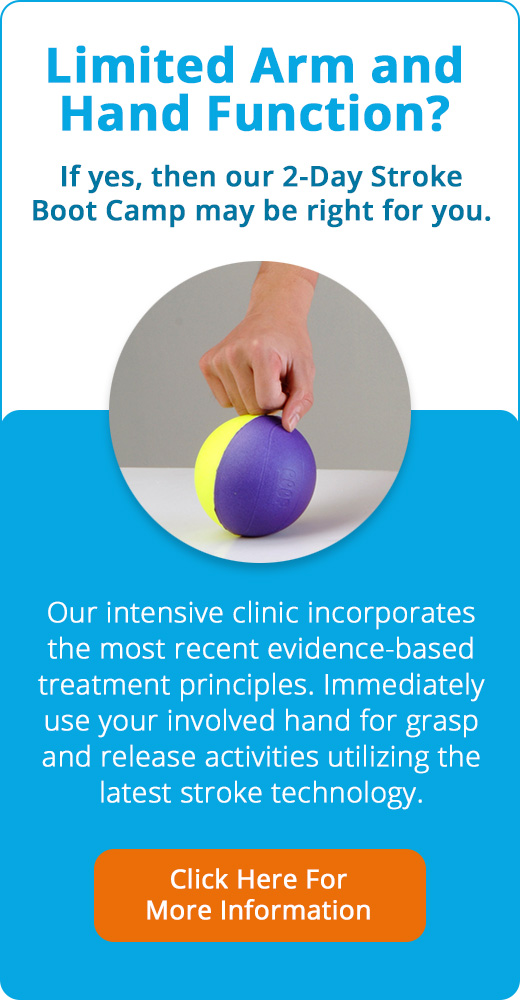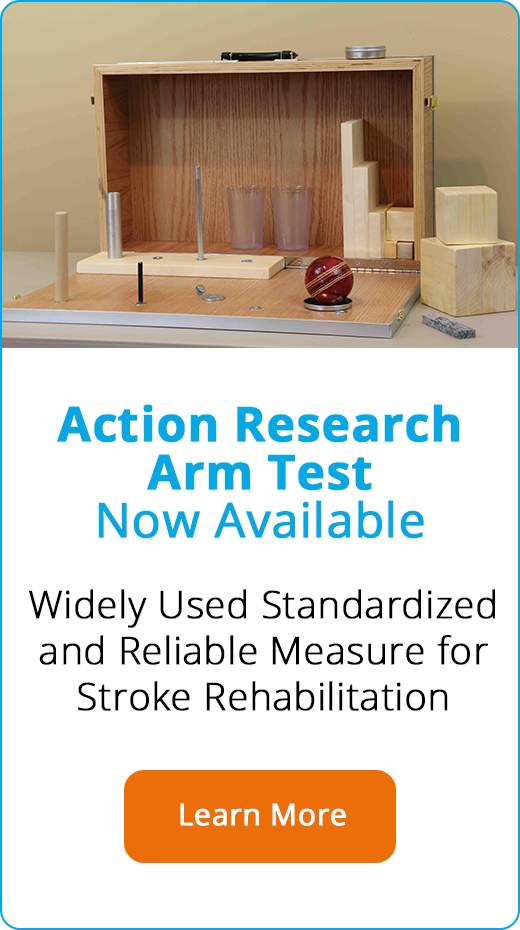Rewiring the Brain Through Gratitude
Lynette Diaz, COTA/L
Monday, June 8th, 2020

Attitude of Gratitude.
After experiencing a traumatic injury such as a stroke, it may be hard for many people to perceive daily things in a positive light. After all, life is not what it was before. Many stroke survivors go from an independent lifestyle to depending on a loved one. It is evident to see how there is not much room for positive thought.
Research by UCLA’s Mindfulness Research Center has shown that regularly practicing gratitude changes the neural pathways and connections in the brain therefore changing the structure of the brain. A practice of regular gratitude increases grey matter function and ultimately makes a person happier and healthier. After sustaining a brain injury, an important factor is to stimulate brain areas. Functional MRI’s have shown that gratitude can cause synchronized activation in brain regions, the reward pathways and hypothalamus. This means, just like an SSRI medication such as Prozac, gratitude can boost the neurotransmitter serotonin and activate the brain stem to produce dopamine.
Since the hypothalamus is responsible for controlling bodily functions such as sleeping, eating and drinking. It also has a great impact on the body’s metabolism and stress levels. Looking at this research it is easy to see how an attitude of gratitude could be beneficial to brain health. The benefits of practicing gratitude are two fold, it helps to restructure the brain and it maintains a positive mindset that is crucial during the difficult stages of recovery.
If it seems daunting, start small, once the body releases dopamine through gratitude practice, the brain will seek more. The mind will gradually begin to gravitate toward positivity due to the newly established neural pathways from practicing regular gratitude.
Some ways to practice gratitude:
- Keep a gratitude journal
- At a stop light name all the things you are grateful for before the light turns green
- Tell a family member what you appreciate about them
- Think about a successful event
https://journals.sagepub.com/doi/abs/10.4278/ajhp.131107-QUAN-567
https://www.ncbi.nlm.nih.gov/pubmed/25686304


Leave a Reply
You must be logged in to post a comment.